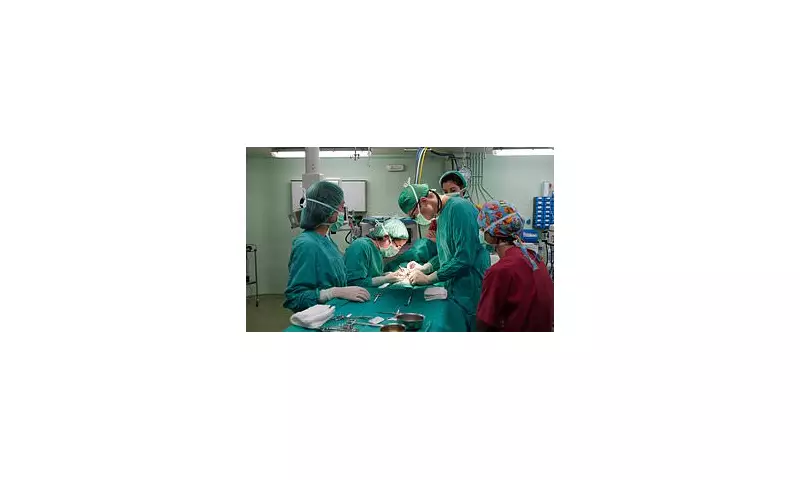
In a medical breakthrough that could transform transplant medicine, surgeons have successfully connected a genetically modified pig liver to a human patient, marking a significant step forward in addressing the critical shortage of donor organs.
A Beacon of Hope for Thousands
The experimental procedure, conducted by a team of pioneering surgeons, demonstrates that animal organs can temporarily perform life-sustaining functions in human patients. This development offers fresh optimism for the nearly 10,000 people currently on NHS organ waiting lists across the United Kingdom.
This revolutionary approach, known as xenotransplantation, could potentially save countless lives by providing an alternative source of organs for those in desperate need of transplants.
How the Medical Miracle Works
The procedure involved connecting a specially bred pig liver to a brain-dead human patient, with the animal organ successfully filtering blood for an impressive 72-hour period. The pig used in this groundbreaking trial had undergone extensive genetic modifications to make its organs more compatible with human biology.
- Genetic engineering removed specific pig genes that trigger aggressive human immune responses
- Human genes were added to improve biological compatibility
- Viral genes were inactivated to prevent potential infection risks
Addressing the Organ Donation Crisis
With liver disease claiming approximately 11,000 lives annually in England alone, and many patients dying while awaiting transplants, this medical advancement couldn't be more timely. The success of this procedure suggests that animal organs could serve as "bridge transplants" – keeping patients alive until human donor organs become available.
Professor David Cooper, a leading researcher in the field, emphasised the significance: "This represents a crucial step toward solving the chronic shortage of donor organs that costs so many lives each year."
The Future of Transplant Medicine
While this achievement is monumental, researchers caution that several challenges remain before xenotransplantation becomes routine clinical practice. The medical community continues to monitor for potential long-term risks, including immune rejection and disease transmission.
Nevertheless, this successful trial represents the most promising development in xenotransplantation in decades, potentially heralding a new era where no patient need die waiting for a life-saving organ transplant.





